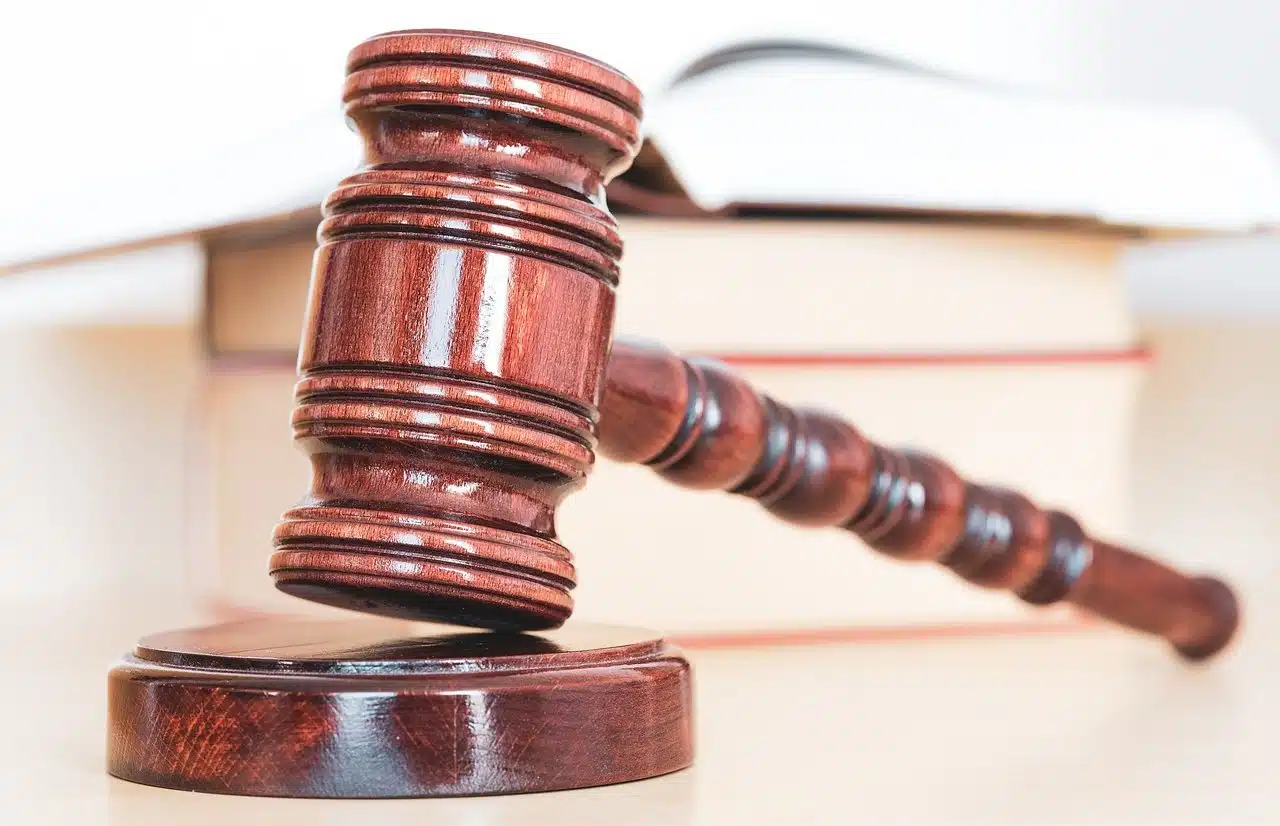
The constituent power is the power that makes possible the creation and modification of a Constitution.
Constituent power is the ability to create or modify a Constitution , which is the document that constitutes the basis of social organization. The Constitution stipulates the essential norms that regulate the functioning of the State and the development of the political system that governs a territory.
Power is a concept that is used to name the power or faculty to exercise command , whether based on a prior agreement with the person in charge or through force. It is possible to distinguish between different types of power according to their scope: thus we can speak of judicial power , legislative power , executive power , electoral power , moral power , municipal power , public power and others.
Characteristics of constituent power
What “constitutes” the constituent power, in short, is the State itself. Citizens, through their representatives, agree on the policy that will make it possible to establish social order , guarantee people's rights, punish offenses, etc. All the laws and regulations that will be applied daily in the territory in question will emanate from the Constitution that is approved.
At a theoretical or philosophical level, it can be said that the people are the ones who hold constituent power. To apply and exercise said power, it convenes various types of institutions (such as a constituent convention or a constituent assembly ) that are made up of its representatives. The people who ultimately exercise constituent power on behalf of the people are called constituents and are usually elected through free and open elections.

Constituent power is essential for the establishment of social order.
Your classification
It is possible to classify constituent power into:
- Original : this is the constituent power that appears first and that allows the existence of the political order; In other words, he is the one who makes the first Constitution. Generally, a Constituent Assembly serves as the original constituent power when it approves the original Constitution of a country, since in this way it establishes its birth from a legal point of view. When the original constituent power completes its objective, it ceases to exist; However, given that its actions must be maintained over time, a body is created that is in charge of developing and modifying them, and thus the constituent power called permanent , instituted or derived , according to the needs, is born.
- Derived : it is established in the Constitution and is in charge of the tasks related to its reform. Very often it is exercised by a congress, a parliament or an assembly and coexists with the Judicial, Executive and Legislative powers, with the function of preparing the norms of the Constitution, which usually require an approval procedure different from that of laws.
- Open : it is the type of constituent power that results from a long process , which can take several years, as seen in the creation of the Argentine Constitution , which was conceived after seven years of work.
- Closed : In contrast to the previous case, we speak of closed constituent power when a single act is enough for it to open and close, something that usually occurs for amendments and reforms to the Constitution.
- Formal : depending on the circumstances that affect the exercise of constituent power, it is called formal if its action is based on the fundamental law or on procedures that are provided for by the Constitution.
- Material : when the powers from which the exercise of power comes were established for the issuance of constitutional regulatory provisions.
- First degree : if exercised by the nation as a single entity.
- Second degree : if its exercise is in charge of the provinces (or sub-state entities).
- Third degree : if it is the municipalities that exercise it.
